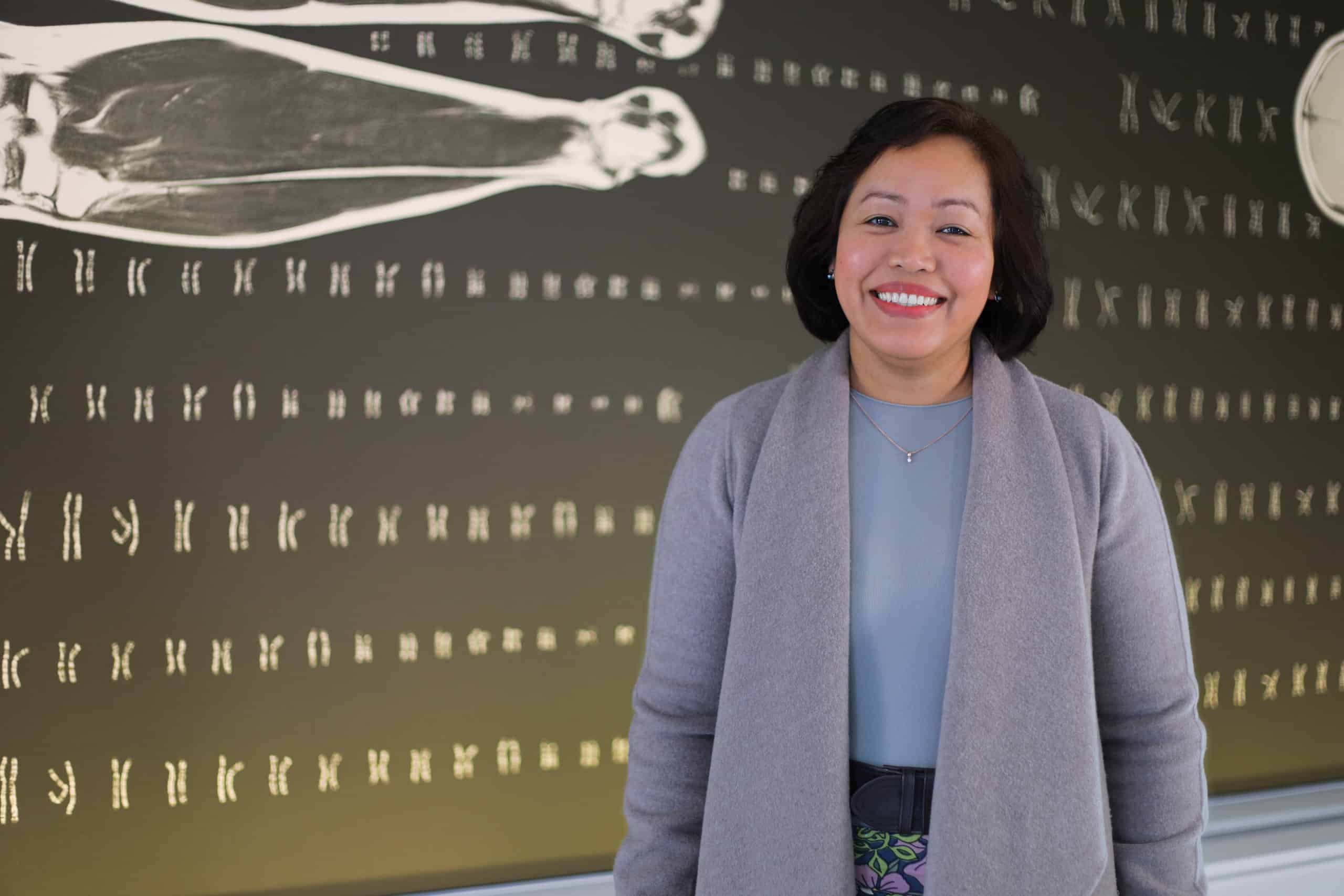
In terms of global economic impact, there are some diseases that are so prevalent and have such a high-cost burden on health systems worldwide, that a drug that reverses their cause would interest investors and governments as much as patients.
In what could be a discovery of a generation, a new drug has been designed for one of the highest cost medical conditions in the world, cardiovascular disease. Globally around 18 million people die each year from cardiovascular disease. This represents 32% of all global deaths. Of these deaths, 85% were due to heart attack and stroke. And the leading cause of death is the build-up of plaque, the fat deposits in our blood vessels that obstruct blood flow to vital organs.
Reverse plaque build-up
Until now, no drug had been found that reduces plaque. A new drug, called Atherid™, is the first ever to reverse plaque build-up. It has the potential to transform the way we currently treat patients. And Atherid™ was developed here in WA. As often happens in science, the discovery was serendipitous.
It was cancer researchers, working out ways to regulate the mass of blood vessels that some tumours grow to supply themselves with more nutrients, who made the discovery. They are a team at the Harry Perkins Institute of Medical Research and because of the discovery one of the lead investigators, Associate Professor Juliana Hamzah, has now pivoted her career, from cancer research to cardiovascular disease.
Cardiovascular diseases are defined by the World Health Organisation as a group of disorders of the heart and blood vessels which include heart attack and stroke but also several other conditions. Before examining Atherid’s potential for treating heart attack and stroke, the research team is working with a surgical team at Sir Charles Gairdner Hospital who treat patients with peripheral artery disease (PAD).
Reduce lower limb amputations
In this common disease, plaque builds up in the lower legs, initially causing pain and difficulty walking because of blocked circulation. This often leads to lower limb amputation.
Nationally, Australia spends $1.6 billion in healthcare costs per year to treat PAD patients. PAD affects one in five West Australians over 65. Over 230 million people worldwide are affected by PAD. Currently medications used to treat PAD, like medications to treat heart attack and stroke caused by plaque build-up, only reduce risks by lowering cholesterol, blood pressure, blood glucose levels and platelet adhesion. They do not treat or remove plaque directly.
Surgically, balloons, stents or bypass surgery can improve blood supply, but these interventions do not remove plaque. They either compress it or bypass the artery where plaque has collected. The potential benefits of commercialising Atherid™ to reverse plaque build-up are immense as there are currently no drugs that achieve this.
Hospitalisations would be reduced as would rates of amputation and the associated ongoing post-surgery support costs, healthcare costs and many other burdens on the health system. Atherid™ is a non-toxic drug naturally made in the body. It is harmful in high concentrations, but the researchers have linked it to a molecule that targets plaque, making it safe.
Head of Vascular Surgery at Sir Charles Gairdner Hospital, Professor Shirley Jansen, who treats patients undergoing or at risk of undergoing lower limb amputations, is working with the small team developing Atherid™. Plaque from consenting patients at the hospital is being provided in real time to the laboratory for testing with Atherid™ to examine depth of penetration and rate of plaque reduction using different dosage levels. Professor Jansen is hopeful patient trials can start in four to five years.
The socioeconomic impacts of taking Atherid™ through further rigorous testing and refinement, development approvals and ultimately commercial production will take substantial investment and several years, but the outcome and benefits to patients and reduced health costs are likely to be felt on a global scale.
A panel discussion involving surgeon Professor Shirley Jansen, researcher Associate Professor Juliana Hamzah and a PAD amputee patient will be held on Monday 22 August, 6.00-7.30pm.
Register for your free tickets here.
